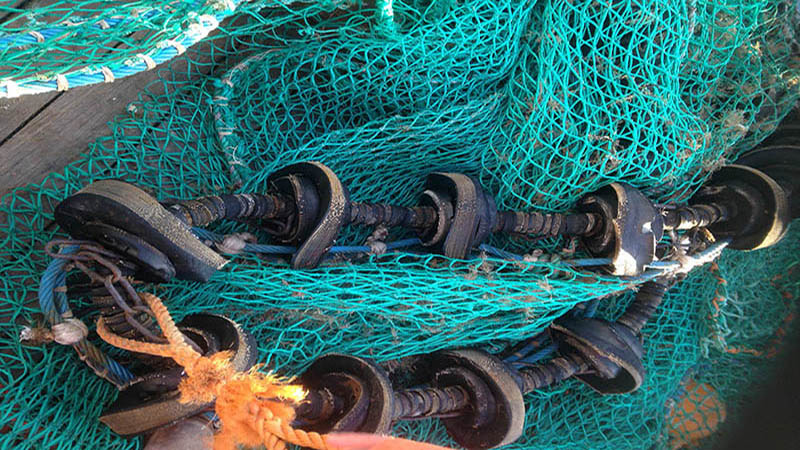Published:

A research program at Heriot-Watt University, Edinburgh, which will involve collaboration from the Global Ghost Gear Initiative (GGGI) has received co-funding from the Co-op.
Leading ethical retailer, the Co-op, is helping to co-fund a PhD into the effects of discarded fishing gear on the seabed, also known as “ghost gear”.
The study will involve two systematic reviews to help understand exactly how ghost-fishing impacts on the marine ecosystem.
The study will also evaluate the effectiveness of interventions that reduce the likelihood of fishing gear being lost or discarded at sea. GGGI estimates from as far back as 2009 suggest that least 640,000 - 800,000 tonnes of fishing gear enters the world's oceans each year, harming fish stocks and livelihoods.
Supervised by Professor Michel Kaiser, a recognised expert in understanding the ecosystem effects of fishing, trawling and ghost gear impacts, the programme will take three-and-a-half-years to complete.
Professor Michel Kaiser, who is also Chief Scientist at Heriot-Watt and expert in Fisheries Conservation, said: “Effective interventions need to be informed by robust evidence which is why a systematic review approach is urgently needed to synthesize the state-of-the-art knowledge on this issue. We hope the reviews will frame questions that we can then test using field studies.”
Aisla Jones, Co-op fish sustainability manager, said: “We're committed to responsible sourcing and ensuring our fish comes from healthy stocks in healthy oceans which is why we're very proud to be contributing funding to this new PhD. Such an in-depth and long-term research project should go a long way in helping the industry as a whole to find a solution to the issue of ghost gear which poses such a significant threat to marine life all over the world.”
Susan Kerr
Communications Officer
T: 0131 451 3242
E: susan.kerr@hw.ac.uk